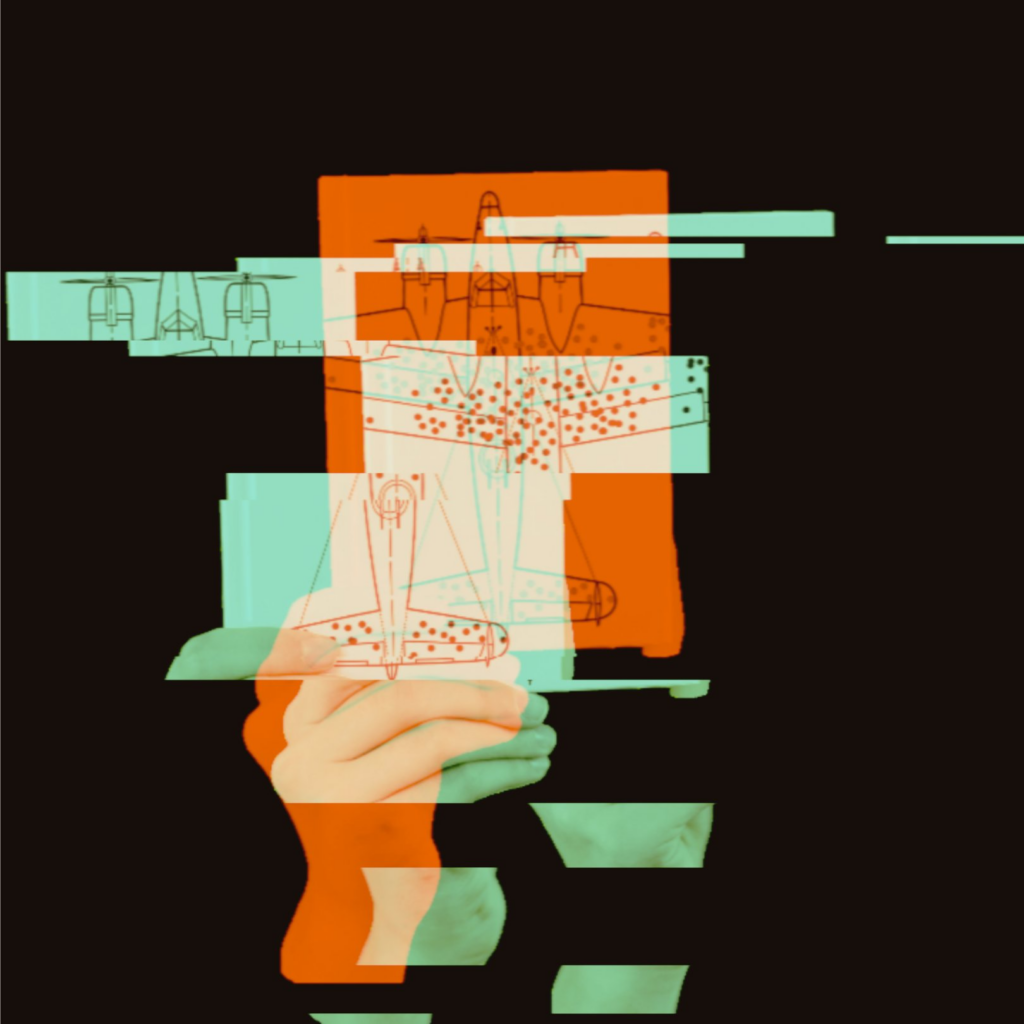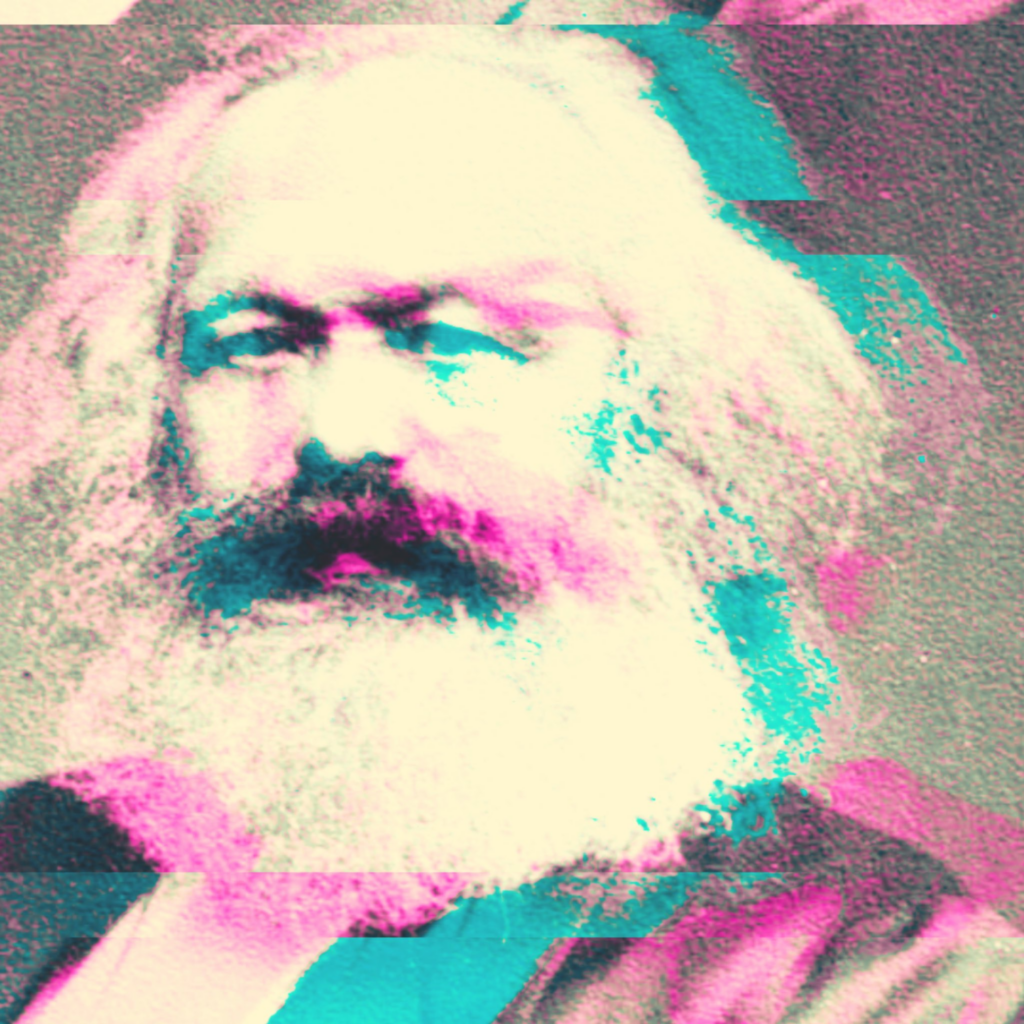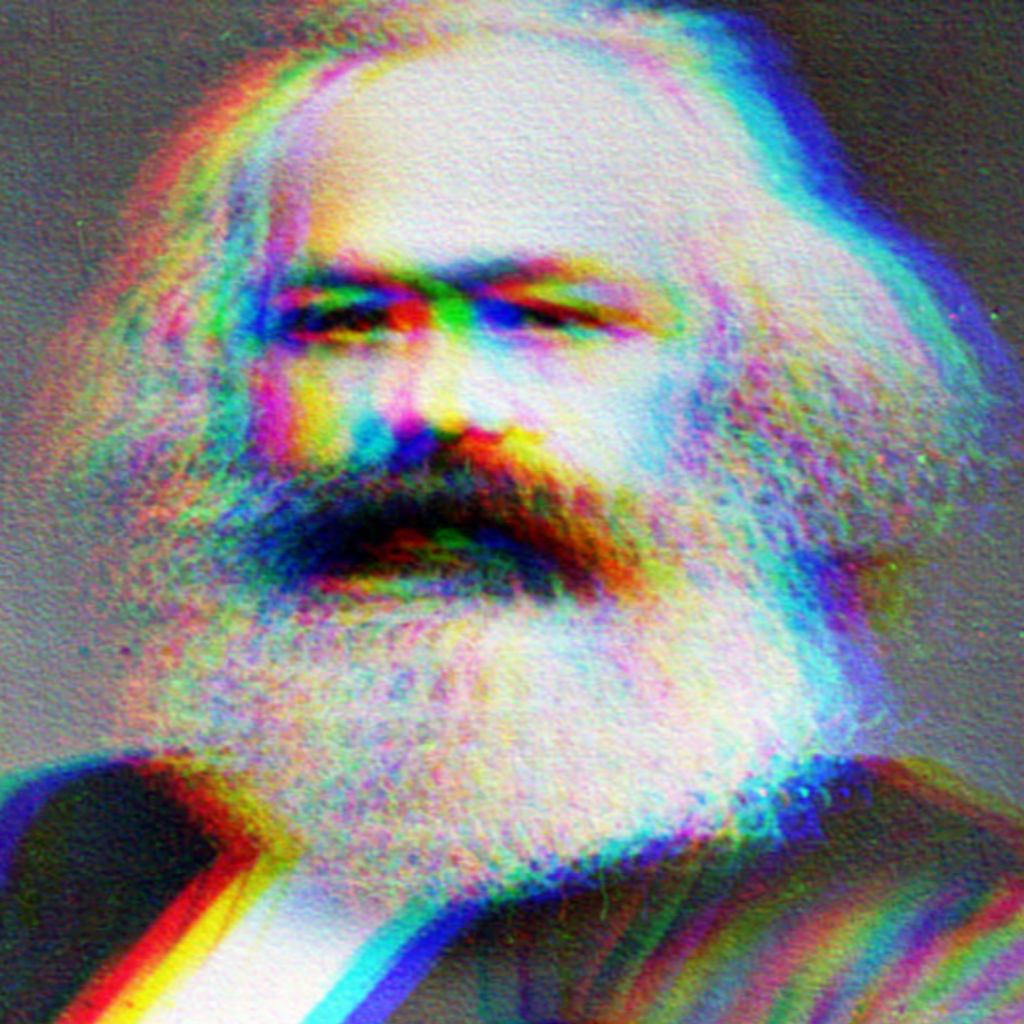












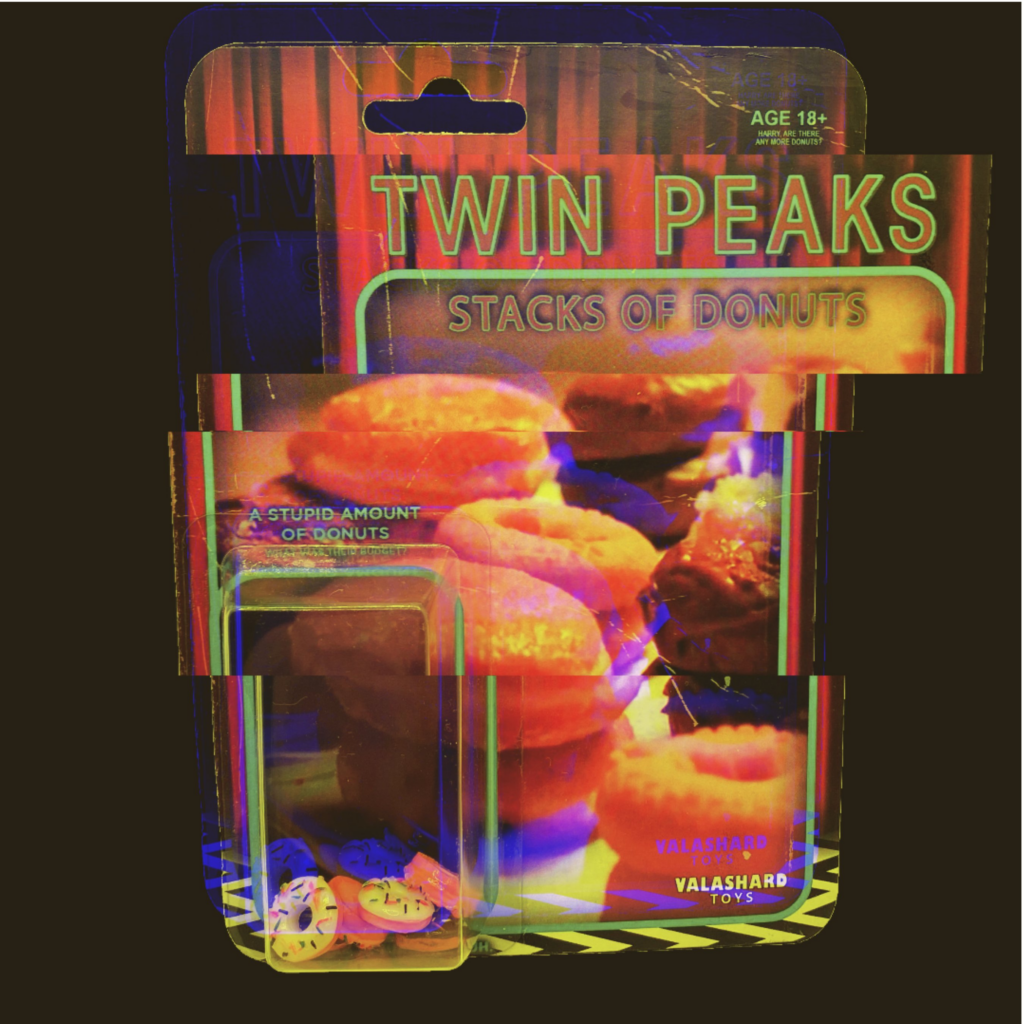


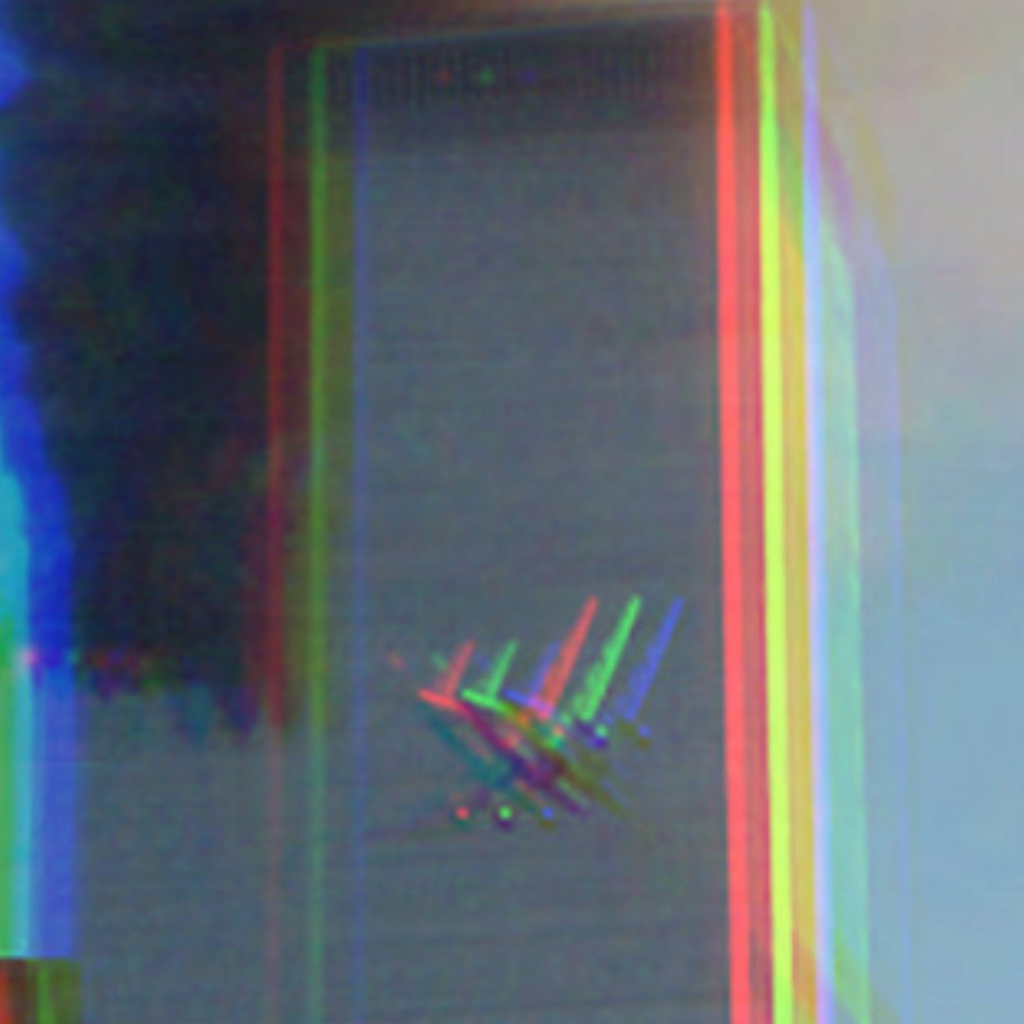
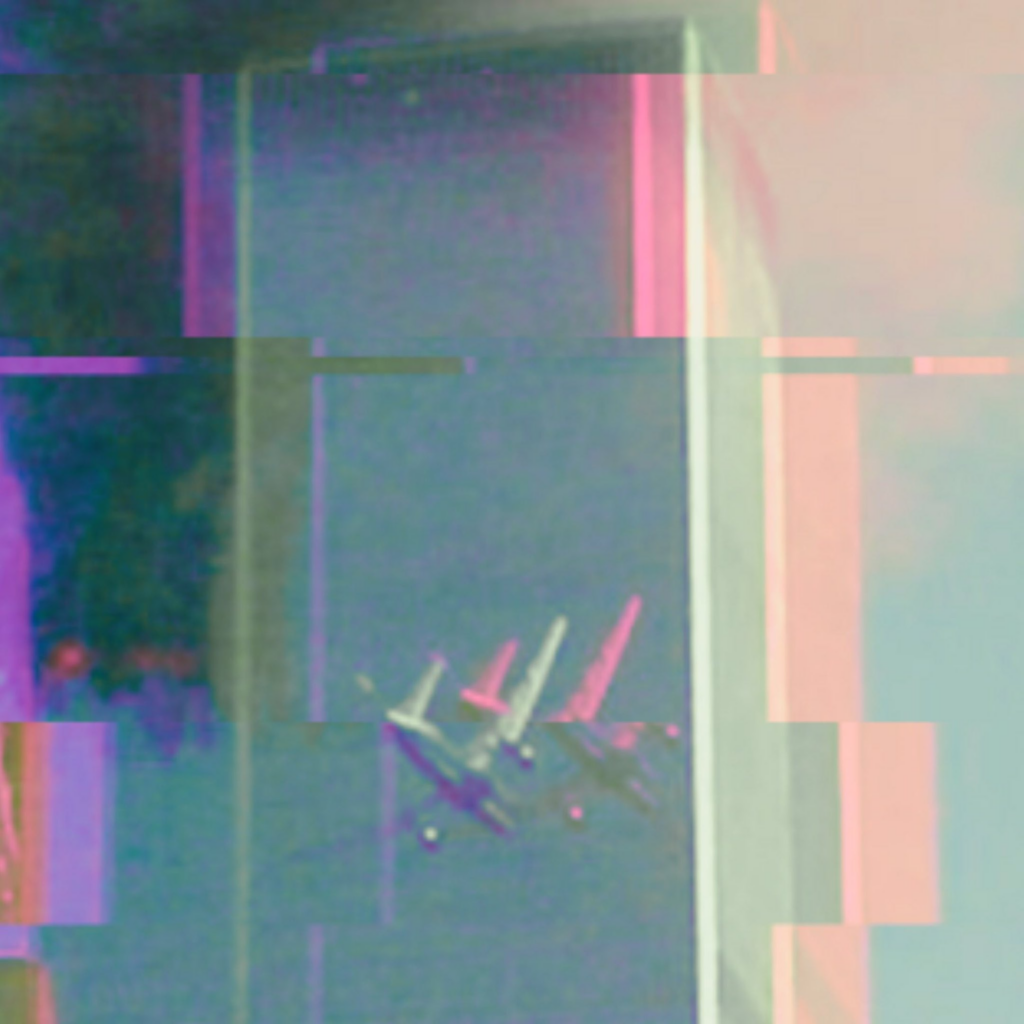









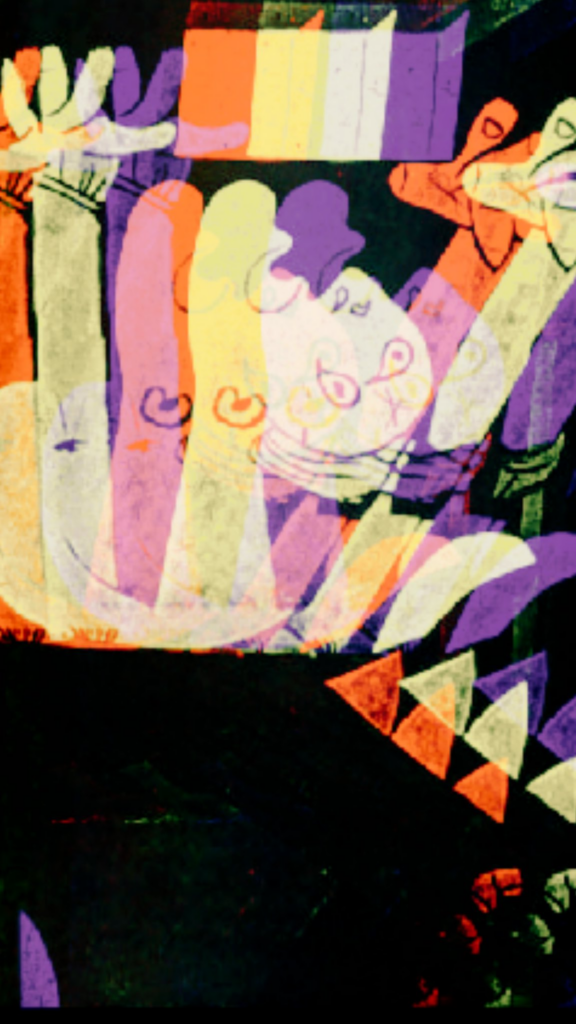
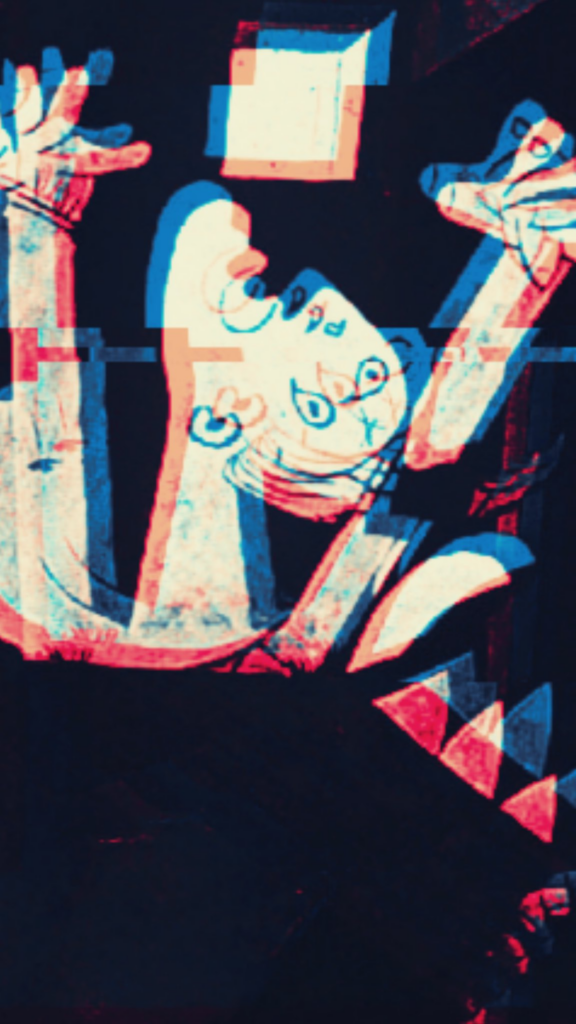
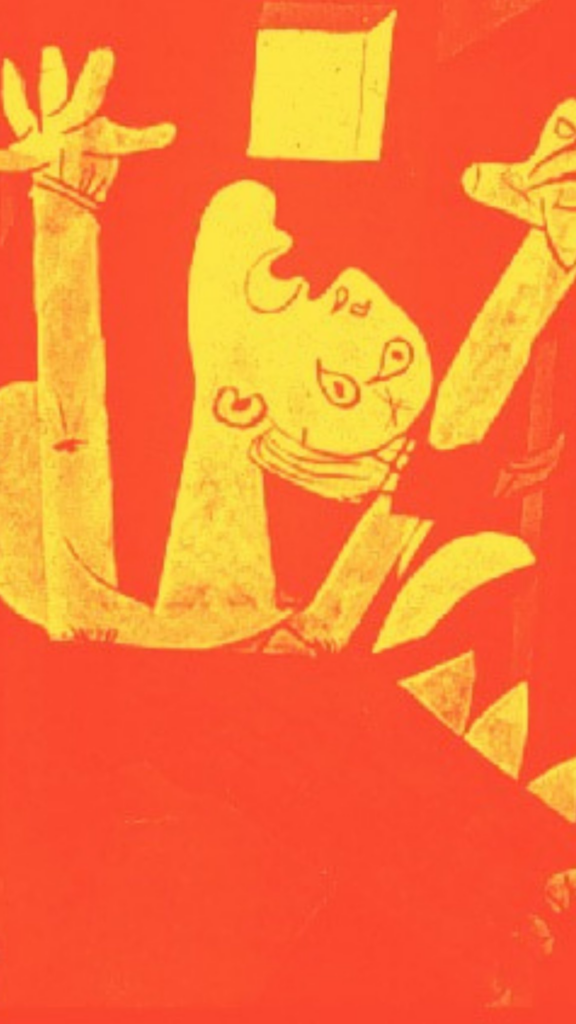

Alocatia Avenue adjusted the starched gingham dress clinging uncomfortably to her ample curves. The humidity hung heavy in the California air, a shroud threatening to unravel the picture-perfect facade of her suburban nightmare. Her neighbor, Woody Stuck, a man whose perpetually furrowed brow rivaled the deepest trench in the Marianas, ambled over, a checkered-print apron tied around his thickening middle.
“Howdy, Alocatia,” Woody rasped, his voice a rusty hinge. “Looks like another scorcher. You best keep that apple pie cool for the bake sale.”
Alocatia, a woman who could peel an apple with surgical precision and a simmering resentment for the PTA president, forced a smile. “Sure am, Woody. Though, between you and me, these ‘Hometown Goodness’ bake sales are getting a little out of hand. Who needs three apple pies in a week?”
Woody’s eyes, like twin marbles in a sea of worry lines, darted around the cul-de-sac. “Don’t be talking like that, Alocatia. You know Mrs. Butterworth keeps tabs. Sedition is a nasty business these days.”
Alocatia scoffed. Sedition? It felt more like living in a Norman Rockwell painting come to life, filtered through a dystopian lens. The perfectly manicured lawns, the picket fences painted a uniform white, the forced smiles plastered on everyone’s faces – it reeked of a bygone era weaponized for the modern age.
The cracks, though, were starting to show. The radio, usually a relentless stream of peppy propaganda and President Prosperity’s booming pronouncements, sputtered with static, spewing out snatches of forgotten jazz and news of a world beyond their sanitized existence. Alocatia, a closet jazz aficionado, felt a forbidden thrill course through her.
The next day, at the mandatory ‘Hometown Harmony’ rally, the choir, clad in star-spangled vests, launched into a rendition of “God Bless America.” Alocatia, usually a robotic participant, found herself mouthing the words wrong. Instead of “land of the free,” it came out “land of the freed.” A ripple of confusion, quickly masked by forced smiles, spread through the crowd.

Alocatia Avenue adjusted the starched white cuffs of her pantsuit, the air shimmering like a heat haze over the manicured lawns of Americana Estates. A disquiet gnawed at her. The robins, usually a chorus of chirpy optimism, seemed muted today, their songs replaced by a static crackle. Even the drone of Mr. Applewhite’s sprinklers, usually as dependable as sunrise, sputtered and coughed.
Across the street, Woody Stuck, proprietor of Woody’s Weenie Wagon, squinted at the peeling red paint of his hot dog stand. The neon sign, usually a beacon of greasy delight, flickered erratically, casting distorted shadows on the pristine white picket fences. Woody scratched his head, a stray ketchup stain blooming on his starched white hat. “Danged thing’s possessed,” he muttered, his voice a notch too loud in the unnatural quiet.
Alocatia, a woman who thrived on routine, felt a tremor of unease. The Americana Estates Homeowner’s Association (AEHOA), a bastion of wholesome values and pristine lawns, prided itself on predictability. This unsettling glitch in the matrix was unacceptable.
She marched across the street, her sensible heels clicking a staccato rhythm on the sidewalk. Woody, ever the picture of Americana charm, tipped his ketchup-stained hat. “Mornin’, Miss Alocatia. What brings you out on a glorious Sunday like this?”
“Mr. Stuck,” Alocatia began, her voice tight, “have you noticed anything… peculiar this morning?”
Woody’s rheumy eyes widened. “Peculiar? You mean besides the robins soundin’ like dial-up modems and Mr. Applewhite’s sprinklers spittin’ out polka music?”
Alocatia’s perfectly manicured hand flew to her pearls. Polka music? This was escalating. “We need to contact the AEHOA immediately. This is a clear violation of Regulation 17B – Acceptable Lawn Sprinkler Melodies.”
Woody chuckled, a sound like gravel crunching. “Regulation 17B, huh? What about Regulation Z – Unexplained Temporal Disruptions? Seems like that one might be more pertinent right now.”
Alocatia’s world tilted. Temporal disruptions? Was Woody suggesting they were slipping back in time? The very thought sent shivers down her starched spine.
Suddenly, a booming voice echoed down the street. “Attention residents of Americana Estates! This is an official announcement from the AEHOA!” A black Ford Model A, pristine as a porcelain doll, screeched to a halt, a stern-faced woman with a beehive hairdo emerging. “There appears to be a malfunction in the Temporal Orchestration Matrix. A minor hiccup, you might say. Rest assured, the AEHOA is working diligently to restore the present moment to its rightful place.”
Alocatia and Woody exchanged a look. A malfunction? A hiccup? This was their reality unraveling at the seams. The woman continued, her voice laced with saccharine cheer, “In the meantime, citizens are advised to maintain a state of normalcy. Bake a pie. Host a bridge game. Remember, a united Americana is a temporally stable Americana!”
The Model A sputtered to life and sped away, leaving Alocatia and Woody blinking in the hazy sunshine. Alocatia straightened her starched collar, a steely glint in her eye. “Well, Mr. Stuck,” she declared, “it seems we have a malfunctioning matrix and a pie to bake.”
Woody, ever the pragmatist, shrugged. “Only the best apple crumb for these trying times, Miss Alocatia.”
As they retreated into their picture-perfect houses, the unease lingered. The world might be rewinding, but Alocatia Avenue wasn’t about to go down without a fight. After all, even in a fascist utopia, a woman with a perfectly baked pie and a well-honed sense of propriety could be a force to be reckoned with.
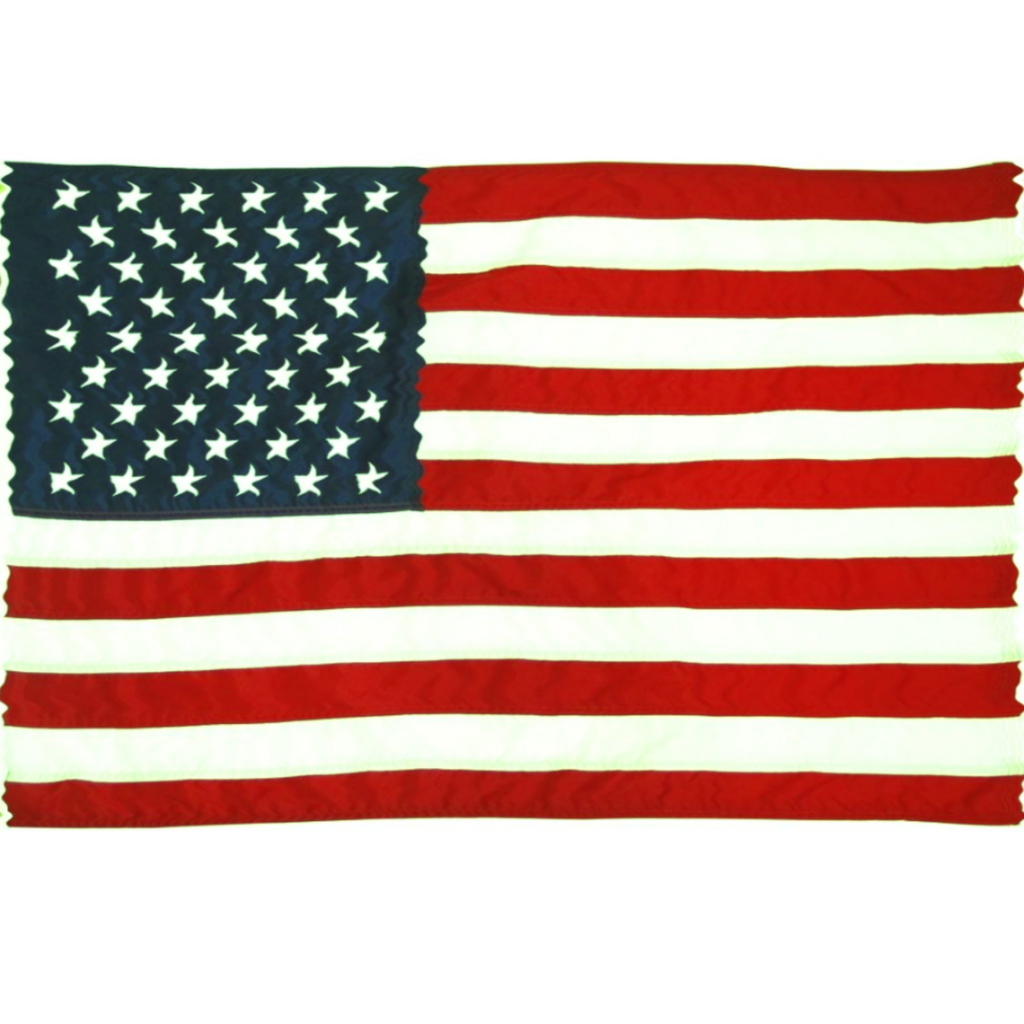
THE NEXT DAY
Alocatia Avenue squinted at the peeling Coca-Cola advertisement on the side of the corner diner. The once vibrant red had faded to a dusty rose, the ice-cold Coca-Cola promise a cruel mirage in the California heat. A shiver, unexpected in the perpetual sunshine of San Angeles, snaked down her spine. It felt like a memory misplaced, a premonition from a half-remembered dream.
Across the street, Carl Salesman, owner of Carl’s Quality Used Cars, was hosing down a dented Ford. The American flag, once bright against the cloudless sky, hung limp, its stars seeming a little dimmer, a little less numerous. Woody, a man built like a redwood with a perpetually bewildered expression, stopped mid-spray, a frown creasing his brow. The chrome on the Ford, usually gleaming under the relentless sun, looked dull, tarnished.
Alocatia, a freelance archivist with a nose for the peculiar, felt a prickle of unease. The world seemed…flattened. The vibrant chaos of San Angeles, the city of angels and smog, felt subdued, airbrushed. The music from the ice cream truck down the street, usually a cacophony of cartoon jingles, sounded tinny, one-dimensional.
She crossed the street, the asphalt oddly sticky beneath her sandals. Woody, wiping his brow with a bandana emblazoned with an eagle whose head seemed oddly misshapen, looked up. “Mornin’, Miss Alocatia. You lookin’ a little peaked. Rough night?”
“Everything seems…off, Woody,” she said, her voice a low murmur. “The colors, the music, even the flag.” Woody squinted at the flag, then back at her. “Now that you mention it… somethin’ ain’t right. Like the world’s lost a coat of paint.”
They stood in silence, the unease thickening. A car sputtered past, a faded blue with peeling white lettering on the side: “Happy Citizens Brigade – Keeping America Pure Since ’42.” Alocatia’s breath caught. 1942? What year was it? She reached into her purse, pulling out her phone. The screen was blank, unresponsive. Panic clawed at her throat.
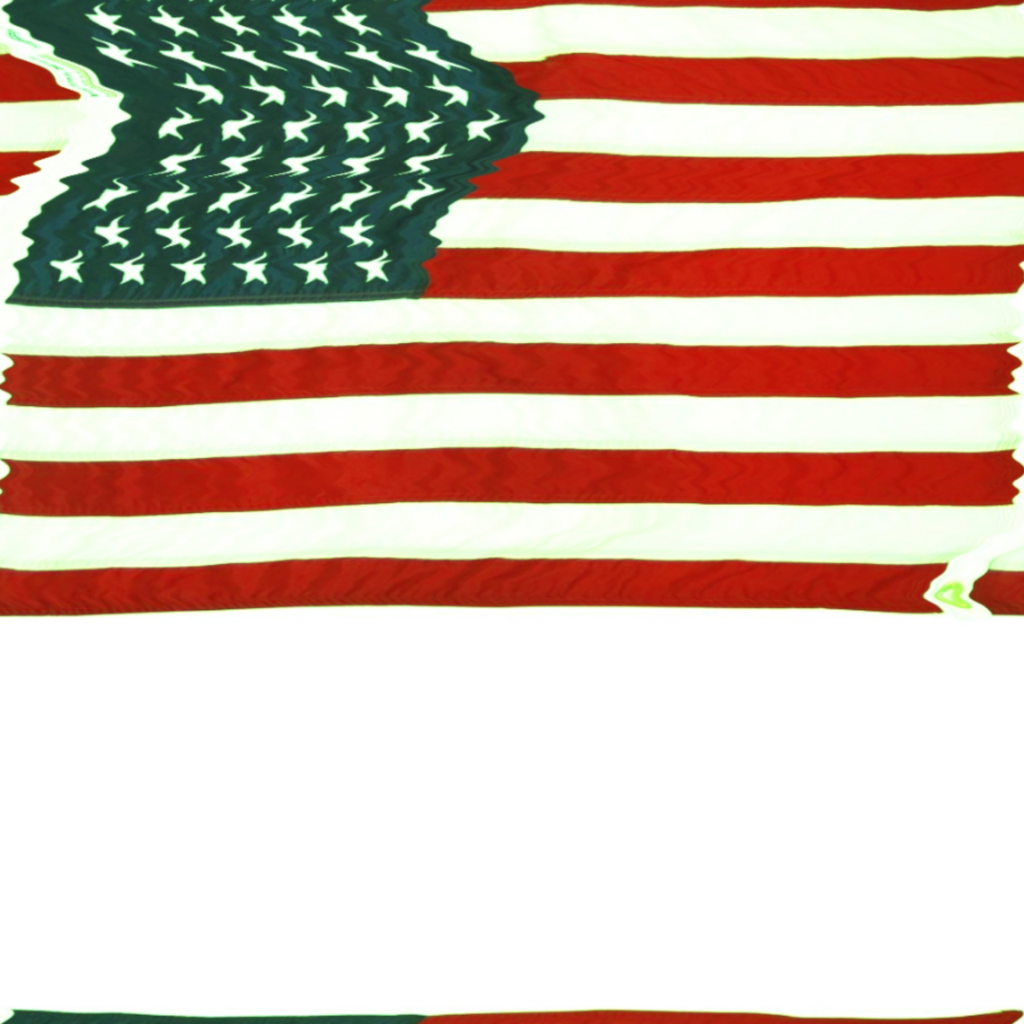
The oppressive Californian sun beat down on Alocatia Avenue as Mayor Quimby, a man whose perpetually tanned visage seemed perpetually surprised, boomed through the malfunctioning loudspeaker. Static crackled around the edges of his voice, a harbinger of the discord to come.
“Attention, citizens!” he bellowed, his voice dripping with a saccharine enthusiasm that made Alocatia grit her teeth. “The Chamber of Commerce, in its infinite wisdom, has decided to celebrate our… uh… global unity with the ‘International Food Festival!’”
A ripple of confused murmurs ran through the crowd. International Food Festival? In a town where the spiciest offering at the local diner was ketchup (pronounced “ketch-up” with a withering side-eye for any deviant who dared utter the forbidden “cah-tchup”), the concept seemed as foreign as a lunar landing.
“This year,” Mayor Quimby continued, his smile strained at the edges, “we’ll be, uh, honoring the rich culinary traditions of… uh… the Soviet Union!”
A collective gasp escaped the crowd. The Soviets? Those godless communists with their borscht and… and… whatever else they ate that wasn’t apple pie or a double cheeseburger? The very notion sent shivers down spines conditioned for perpetual prosperity.
Alocatia exchanged a glance with Woody Stuck, who, for the first time in anyone’s memory, looked genuinely bewildered. “The Soviets?” he rasped, his voice barely audible over the sputtering loudspeaker.
“Apparently,” Alocatia muttered, a rebellious glint in her eye. “Looks like the Chamber got ahold of some faulty Cold War surplus pamphlets.”
The Mayor droned on, outlining the “festive” details. Citizens were encouraged to “dress down” in threadbare clothing (rumors of a black market for ripped jeans surfaced) and bring empty plates to “compete” for a single, communal loaf of “authentic” Soviet rye bread. Alocatia suspected the rye bread would be Wonder Bread spray-painted brown, but the subversive thrill of the whole charade sent a jolt through her.
Suddenly, the “International Food Festival” didn’t seem so outlandish. It was a glitch in the system, a sanctioned moment of dissent disguised as patriotism. Alocatia pictured the scene: Mrs. Butterworth, the PTA president, forced to wear a babushka and wait in line for a sliver of stale bread. The image brought a smile, genuine and defiant, to her face.
As the announcement ended, a crackle of static erupted from the loudspeaker, momentarily drowning out the chirpy ukulele music that usually served as background noise. In the ensuing silence, a voice, distorted but strangely familiar, cut through.
“This is Not Normal,” it rasped, the words echoing through the sterilized streets. “This is a Simulation. Wake Up!”
The crowd stared, bewildered. Then, as if on cue, a squadron of fighter jets, emblazoned with a strange symbol that resembled a glitching American flag, roared overhead. The American Dream, it seemed, was experiencing a full system crash.
<>
“Howdy, neighbors! Dust off your borscht bowls and threadbare ushankas, because the Culver City Chamber of Commerce is proud to present the inaugural ‘Solidarity with Our Socialist Cousins Festival!'”
Alocatia Avenue choked on her lukewarm coffee. Solidarity? With citizens forced to wait in bread lines for government-issued rye? The very notion was as absurd as a flamingo on a skateboard. Woody Stuck, ever the loyal citizen, beamed. “Now that’s what I call neighborly! We gotta show those Commies how real Americans can pull together, even in a pretend bread shortage!”
The festival, held in the manicured heart of Central Park, was a grotesque caricature of Soviet life. String lights, usually twinkling with saccharine cheer, drooped like deflated balloons. Booths displayed empty shelves labeled “Comradely Canned Goods” and “Glorious Goulash (limited portions).” Children, dressed in oversized potato sacks and wielding cardboard signs demanding “Five Year Plans for Fun!”, chased each other around the bewildered pigeons.
Alocatia, forced to wear a babushka tied by an overzealous PTA member, felt a cold sweat prickle her skin. This wasn’t some harmless skit. It was a deliberate distortion, a funhouse mirror reflecting the growing unease with the picture-perfect facade. The static on her hidden radio crackled with a manic glee, a twisted counterpoint to the forced merriment.
<>
The announcement came crackling through the ever-present radio static, Mayor Peppy’s voice a saccharine assault on Alocatia’s eardrums. “Attention, citizens! To celebrate our bountiful harvest and unwavering prosperity, the esteemed Chamber of Commerce presents: The Great Comradely Share-Off!”
Alocatia choked on her lukewarm coffee. The Share-Off? What twisted parody was this?
The radio sputtered on. “Dust off those ushankas, folks! We’ll be channeling the spirit of…er… frugality, in a lighthearted celebration of international… uh… solidarity!”
Woody Stuck, ever the model citizen, materialized at her doorstep, a red paper star pinned to his starched apron. “Heard the news, Alocatia? Gonna be a real hootenanny! We’re supposed to rummage up some ‘Comrade Couture’ – threadbare clothes, empty soup cans, that sort of thing.”
Alocatia fought back a sardonic laugh. “Comrade Couture? Woody, this is getting ridiculous. It’s like they’re mocking a world they don’t even understand.”
Woody’s brow furrowed further, a feat Alocatia thought physically impossible. “Now, Alocatia, don’t be talking like that. Remember, dissent is like a bad apple – spoils the whole bunch.”
Alocatia, sporting a flour sack dress and a scowl that could curdle milk, navigated the throng. The whole charade felt like a scene ripped from a particularly bizarre David Lynch film. Then, she spotted him – a skinny kid, no older than ten, clutching a beat-up transistor radio to his ear. Static crackled from the device, a sound that seemed almost defiant in this saccharine landscape.
The boy met her gaze, a flicker of recognition passing between them. In that shared moment, Alocatia knew she wasn’t alone. This staged display of “solidarity” wasn’t fooling everyone. There were others, glitches in the system, yearning for something more, something beyond the starched conformity and manufactured cheer. The “Great Comradely Share-Off” might have been a mockery, but beneath the surface, a very different revolution was brewing. A revolution fueled by jazz, static, and a collective yearning for a world less fake, less…apple pie.
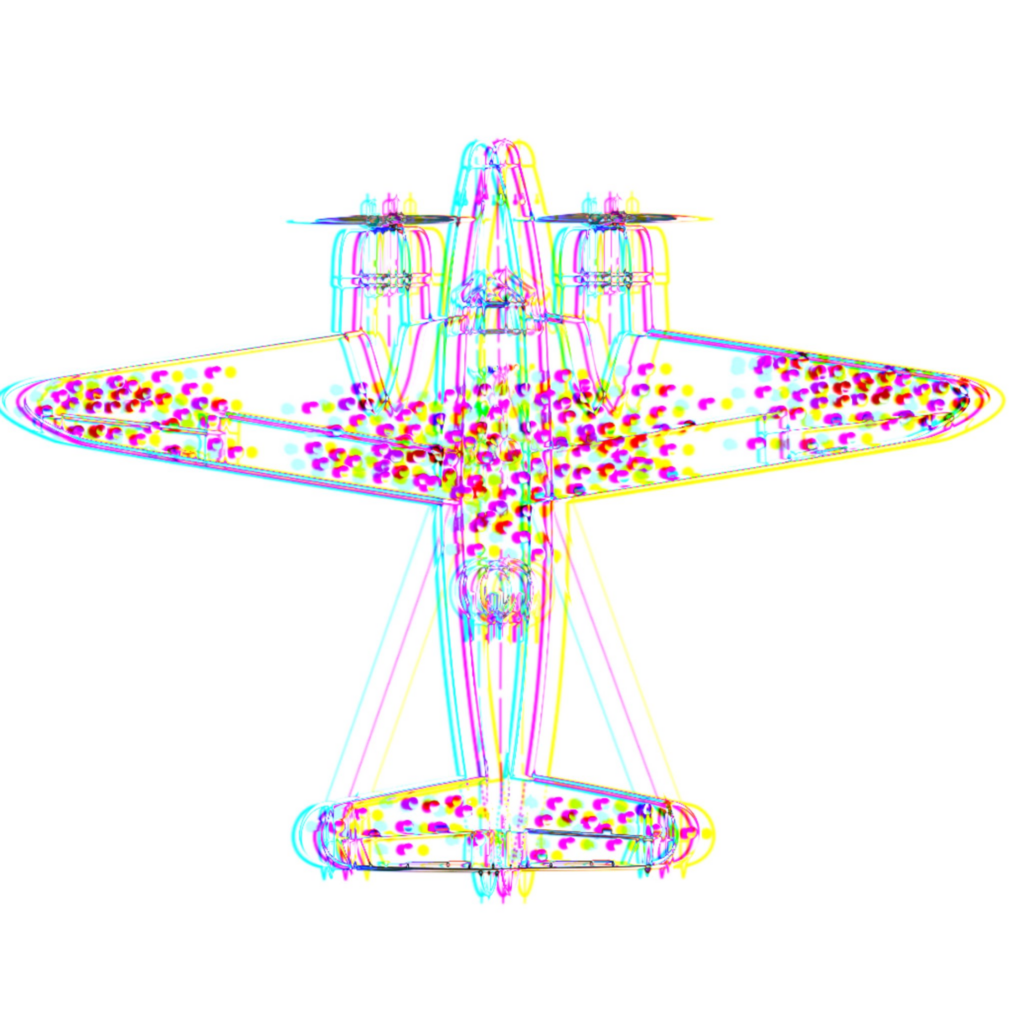
Frankie “The Wrench” Fritsch wasn’t exactly Army material. Sure, he could strip down a Packard in under ten minutes flat, eyes closed, fueled by a cigarette and a lukewarm cup of joe. But ordnance manuals and parade drills? Not his cup of tea. Except, these days, tea was a luxury reserved for officers and their clipped-word pronouncements. Frankie was stuck elbow-deep in motor oil, a wrench gripped in his grease-stained hand, staring at the monstrosity that was a B-17 looming over him, its olive drab paint dull under the Mojave sun.
As Ex-PI, and current grease monkey for the Pan Am Clippers, he squinted through a haze of Lucky Strikes and motor oil at the latest arrival from the Pacific. “The Philippine Clipper,” they were calling it, a majestic name for a bird that looked like it had tangoed with a typhoon and lost. Fabric flapped like a drunkard’s overcoat, and a bad paint joby. A mechanic with a past as checkered as a dive bar tablecloth, Frankie wasn’t new to the unsettling whispers that followed these returning birds of war. Sure, some came back peppered with flak holes and sporting fresh coats of enemy paint, but lately, it was something else. A hollowness, a silence where the usual symphony of engine purr and whirring prop should reside.
Frankie traced a finger along a long, jagged gash on the fuselage. It wasn’t battle damage, that much was certain. This looked more like… a bite mark? Frankie scoffed, the desert heat warping his vision. Yet, a prickle of unease crawled up his spine. This wasn’t the first time. Over the past weeks, a handful of planes had returned with similar, inexplicable damage.
Frankie wasn’t one for heroics or blind patriotism. The war had turned him cynical faster than a dame with a taste for bourbon. But these planes, these silent ghosts, gnawed at him. He started small, talking to other mechanics, pilots with haunted eyes who mumbled about “things out there” beyond the inky vastness. The stories, fragmented and laced with paranoia, spoke of encounters with entities that defied explanation, ships that moved like wraiths and left behind a chilling silence.
His gut, a veteran of more Chinatown brawls than he cared to remember, clenched. Damaged planes were Frankie’s bread and butter, but this one felt different. It reeked of a kind of damage that wasn’t on any mechanic’s checklist. The kind that clung to the fuselage like a bad omen.
The crew disembarked, a haggard bunch with eyes that had seen too much ocean and not enough sky. Their captain, a man named Hollis with a face etched by worry lines deeper than the Mariana Trench, bypassed the usual post-flight pleasantries.
“Fritsch,” Hollis rasped, his voice sandpaper on gravel. “We need you to take a good, long look at this crate. And I mean good. Every inch of it.”
Frankie, ever the pragmatist, shrugged. “Another near miss with a Zero, Captain? Happens to the best of us.”
Hollis’s smile was a graveyard in a tuxedo. “This wasn’t a Zero, Fritsch. This was something else. Something… out there.”
<>
That night, drowning his anxieties in a lukewarm beer at a roadside diner, Frankie overheard a hushed conversation. Two eggheads in rumpled suits, their faces obscured by shadows, spoke of Project Chronos – a government-funded foray into the “uncharted territories” beyond the known sky. Their voices held a manic glint, a desperate hope that sent shivers down Frankie’s spine.
The next morning, Frankie found a single page fluttering beneath his toolbox. It was a blueprint, unlike anything he’d ever seen, filled with indecipherable symbols and diagrams that resembled a child’s feverish dream. A single, stark phrase was scrawled across the top: The Damaged Portions of Returning Planes.
The next few hours were a blur of grease, grime, and hushed conversations. Frankie crawled through the plane like a surgeon searching for a tumor. He found scorched wiring, patches of metal warped beyond recognition, and a strange, oily residue clinging to the undercarriage. It defied any analysis he’d ever encountered. Then there was the writing. Scrawled on the fuselage in a language that looked like a demented alphabet soup, a message that sent shivers down Frankie’s spine. It spoke of things that shouldn’t exist, of geometries beyond human comprehension, and a hunger that could devour the very sky.
Frankie felt a cold dread pool in his gut. These weren’t just machines coming back broken. They were bringing something back with them. Something the boys in suits were either too afraid or too arrogant to acknowledge. Frankie, the ex-gumshoe with a nose for trouble, knew he was in too deep. But for the first time since the war stole his innocence, a flicker of something else ignited within him – a spark of defiance, a need to unravel this twisted yarn before the silence from above became a permanent fixture of their skies. The Damaged Portions of Returning Planes – it was more than just a cryptic note, it was a challenge, a dare. And Frankie “The Flickering Fuse” Fritsch, for all his cynicism, wasn’t one to back down from a challenge.
“Damaged portions,” the fresh-faced Lieutenant chirped, his voice echoing in the cavernous hangar. “We’re seeing a worrying trend, Flickerton. Superficial stuff – gauges flickering, dials spinning. But nothing our engineers can pinpoint.”
Frankie grunted, tracing a finger along the bomber’s fuselage. The aluminum gleamed under the harsh hangar lights, a million tiny scratches whispering stories of flak and near misses. “These birds,” he rasped, his voice sandpaper rough from years of yelling over engine roars, “they see things over there, Lieutenant. Things that mess with the insides, the parts we can’t reach.”
The Lieutenant scoffed. “Superstition, Fritsch. We deal in facts here. Measurable data.”
Frankie snorted. Measurable data couldn’t explain the pilot who swore he saw a spectral Stuka weaving through the bomber stream, nor the radioman who received messages in a language that defied translation. These planes, christened with names like “Rosie the Riveter” and “Lucky Lindy,” were bringing back more than just bomb craters and shrapnel. They were carrying whispers from the other side, a psychic static clinging to their metal skins.
One evening, as the last embers of the setting sun bled through the hangar windows, Frankie noticed it. A symbol etched on the underbelly of a returning B-17, hidden amidst the grime and oil. It was an ouroboros, a serpent eating its own tail, a sigil he’d only seen in dusty grimoires late nights at the bookstore. Dread coiled in his gut, cold and heavy.
That night, fueled by a bottle of bootleg bourbon, Frankie poured over dog-eared aviation manuals and confiscated Nazi pamphlets. The symbol. It was theirs. A harbinger of some twisted magic woven into the fabric of the war.
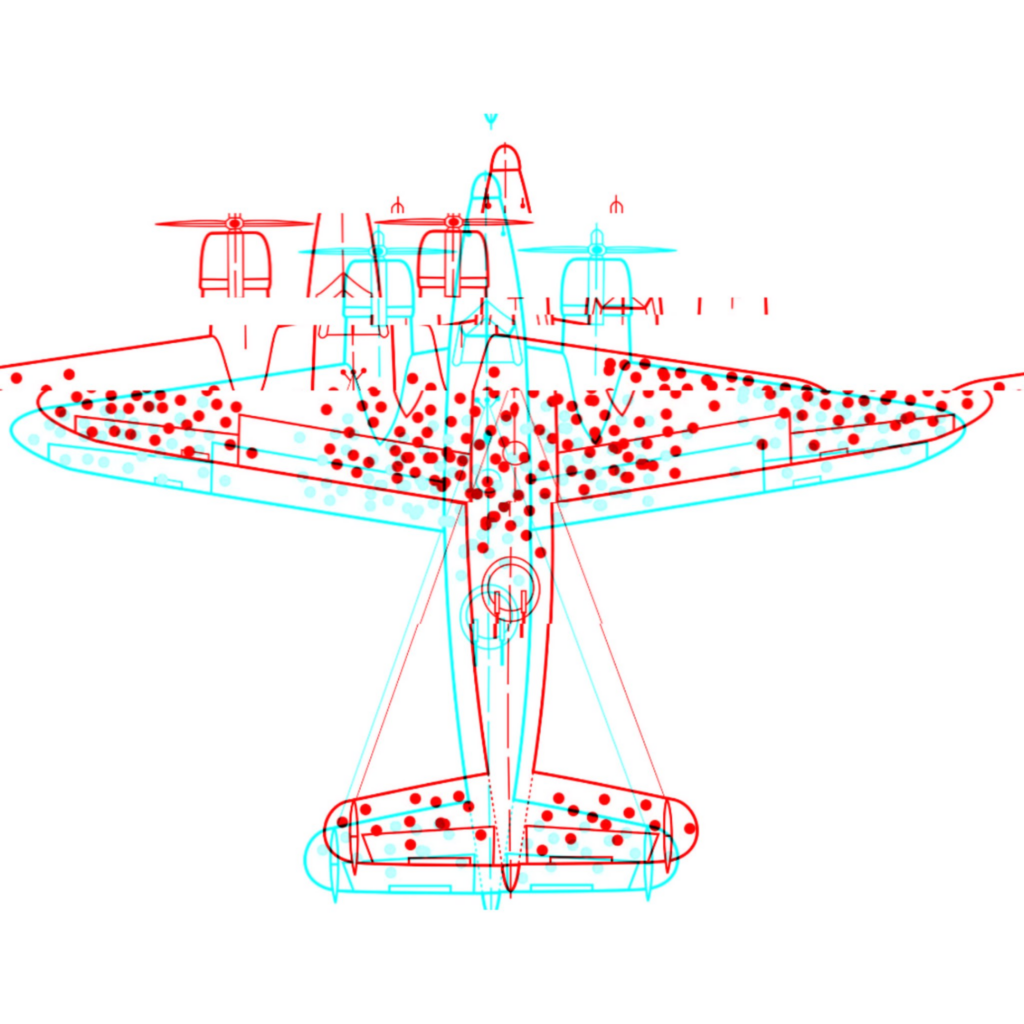
By the time the first rays of dawn peeked through the hangar doors, Frankie was a wreck. He reported his findings to Hollis, his voice hoarse. The Captain simply nodded, a haunted look in his eyes.
“They’re going to send another crew, another plane,” Hollis said, his voice flat. “This never happened. The Philippine Clipper never flew this route. We were… elsewhere.”
Frankie knew better. The war wasn’t just about land anymore. It had spilled over, a cosmic ink stain bleeding into the vast emptiness above. And Frankie Fritsch, ex-gumshoe, current wrench monkey, was now knee-deep in a fight that made gangsters and dames seem like child’s play. He looked at the scarred sky, a new kind of fear gnawing at his gut. The war wasn’t just up there anymore. It was everywhere. And somewhere, out there, in the damaged portions of returning planes, something alien hungered.

